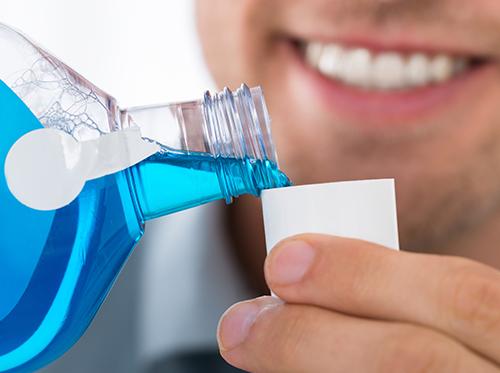6825 Parkdale Place Ste A, Indianapolis, IN 46254, (317) 293-7171
Restoring Your Smile and Dental Health with Bone Grafting
- posted: Jan. 16, 2024
For those of our patients who suffer from periodontal (gum) disease or those who have experienced moderate to severe tooth bone loss, the doctor may suggest you undergo a procedure Read More
How often should I see my periodontist?
- posted: Jan. 09, 2024
Dental health is a reflection of and related to total health. Many people are surprised to learn this. Because tooth and gum decay can be related to many serious health Read More
Treating Gum Recession with Tissue Grafting
- posted: Jan. 02, 2024
One of the concerns we sometimes hear at Bryan J. Roy D.D.S., M.S.D., P.C. is, “My gums just don’t look the same they once did. What is causing this?” Our gums Read More
Resolving to Eat Better in the New Year
- posted: Dec. 26, 2023
It’s a new year, and a resolution found on many lists is learning to be more mindful about healthy food choices. You might have set some of these goals yourself. Read More
If You Have Dental Anxiety, Let’s Talk About Your Sedation Options
- posted: Dec. 19, 2023
Sometimes people feel a tiny bit nervous when they sit in the dental chair. And sometimes it’s more than a tiny bit. If your anxiety over dental procedures is leading Read More
Could a Night Guard Be the Answer to Your Dreams?
- posted: Dec. 12, 2023
Have you been having trouble getting a good night’s rest? Sometimes the reason for a poor night’s sleep is obvious. A midnight horror movie. A bedtime espresso. That anchovy and pineapple Read More
Considerations When Picking the Right Mouthwash
- posted: Dec. 05, 2023
A solid oral health routine begins with daily brushing, flossing, and rinsing. Without a consistent oral health regimen, you may begin to experience tooth decay and bacterial infections. Few patients Read More
What makes a periodontist different from a dentist?
- posted: Nov. 28, 2023
“Dentists, periodontists … what’s the difference, anyway?” We hear our patients asking this question as they wonder about the difference between the two specialties. Periodontists like the doctor are more Read More
Thanksgiving
- posted: Nov. 21, 2023
At Bryan J. Roy D.D.S., M.S.D., P.C., we love to celebrate the holidays with vigor! the doctor would love to share some unique ways of celebrating Thanksgiving from beyond the Read More
In the Pink
- posted: Nov. 14, 2023
Our gums cover and protect the sensitive roots of our teeth and the bone around them. While we often think of gum tissue as a rosy shade of pink, that’s Read More
Is periodontal disease contagious?
- posted: Nov. 07, 2023
According to the Centers for Disease Control and Prevention, half of adults age 30 and over suffer from some form of gum disease. Caused by plaque buildup, gum disease is Read More
Women's Hormones and Oral Health
- posted: Oct. 31, 2023
At Bryan J. Roy D.D.S., M.S.D., P.C., we know that hormones affect a woman's mood, but did you know they can also impact the health of a woman’s mouth? Women Read More
How Crown Lengthening Can Improve Your Smile
- posted: Oct. 24, 2023
“Crown lengthening”? Probably not an expression most of us are familiar with! In fact, this is a common periodontal procedure designed to improve both the health and the appearance of Read More
Post-Procedure Care
- posted: Oct. 17, 2023
As with any surgery, post-procedure care is of utmost importance after getting periodontal surgery. Bleeding, pain, swelling, and other sensations are common and should be expected to a degree. This Read More
What exactly is periodontal disease?
- posted: Oct. 10, 2023
Periodontal disease is an infection of the tissues that surround and support your teeth. Our team at Bryan J. Roy D.D.S., M.S.D., P.C. wants you to know that this common Read More
October is National Dental Hygiene Month: A simple oral health routine for your busy lifestyle
- posted: Oct. 03, 2023
Adults are no strangers to feeling like there is never enough time in the day to get everything done. Your alarm clock rings and within minutes you ping pong around Read More
This website includes materials that are protected by copyright, or other proprietary rights. Transmission or reproduction of protected items beyond that allowed by fair use, as defined in the copyright laws, requires the written permission of the copyright owners.















